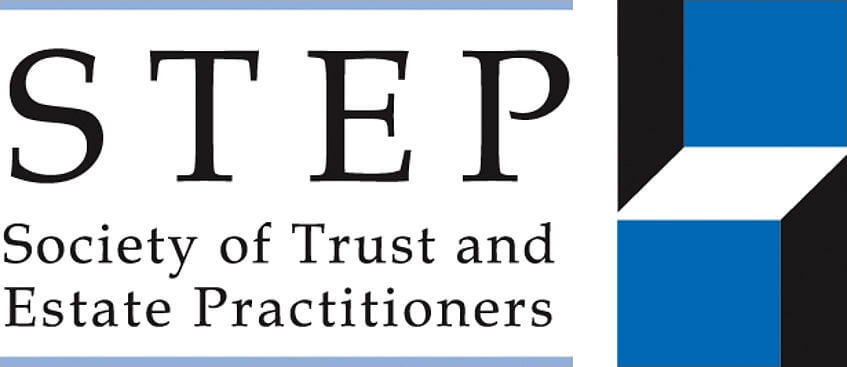We live in an increasingly online world where almost any financial transaction you need to make – whether that is to buy groceries, pay household bills or buy Christmas presents, these transactions can all be done from the comfort of your own home.
With identity theft posing a threat, keeping financial data private requires that consumers be proactive in approaching online security. We have compiled a number of tips to help you keep your finances safe:
- Don’t reuse passwords: it’s good practice to use a different password for every account you access online.
- Create strong passwords: using lowercase and UPPERCASE letters, numbers and punctuation marks.
- Use a ‘£’ sign in passwords where you can: most European keyboards do not have a £ sign so this limits the chances of someone guessing your password.
- Where possible use optional security questions for each account: use questions that don’t have answers available by public record. For example, “what city were you born in?” or “what is your father’s middle name?”.
- Don’t put private information on public computers: if you’re away from home, make sure you do not save any private information (email addresses, passwords etc) on a public computer.
- Do not give out private information (such as bank details or passwords), reply to text messages, download attachments or click on any links in emails if you’re not sure they’re genuine.
- If you receive a suspicious email delete it immediately and do not open any attachments or click any links.
As with the online world, telephone fraud is becoming increasingly common. Here are some tips to help protect you:
- A bank or payment card company will never ask you to transfer money out of your account to another that you do not recognise – so hang up immediately.
- If you do not think that the call may be authentic and you choose to call your bank or card issuer, call the number on your bank statement or on the back of your card, and NOT a number given to you by the caller or the number you were called from.
- Never provide personal or financial information to a caller, but call back on a number you know to be genuine. Please note that this list is not exhaustive, but gives some pointers to help you stay safe
- If you receive a suspicious telephone call, contact your telephone provider (make sure you fully hang up the phone before making the telephone call) to let them know.
For more information please see the following organisations:
Action Fraud – protecting your details and for reporting fraud
Out of Your Hands – protecting young people from phone crime
Get Safe Online – general advice for protection online
Please note – this list of points and tips is not extensive, and you must use your best judgement in all situations.
Our policy on cash withdrawals/cash transfers and for changing bank account details
These are two very high-risk areas and therefore neither can be carried out by a simple email instruction.
For withdrawals and cash transfers out of portfolios; we will always confirm an email instruction from you as the client by phone, or face-to-face in a meeting.
Providers need a wet signature from you as the client to change a bank account on cash withdrawals or to change bank details.







